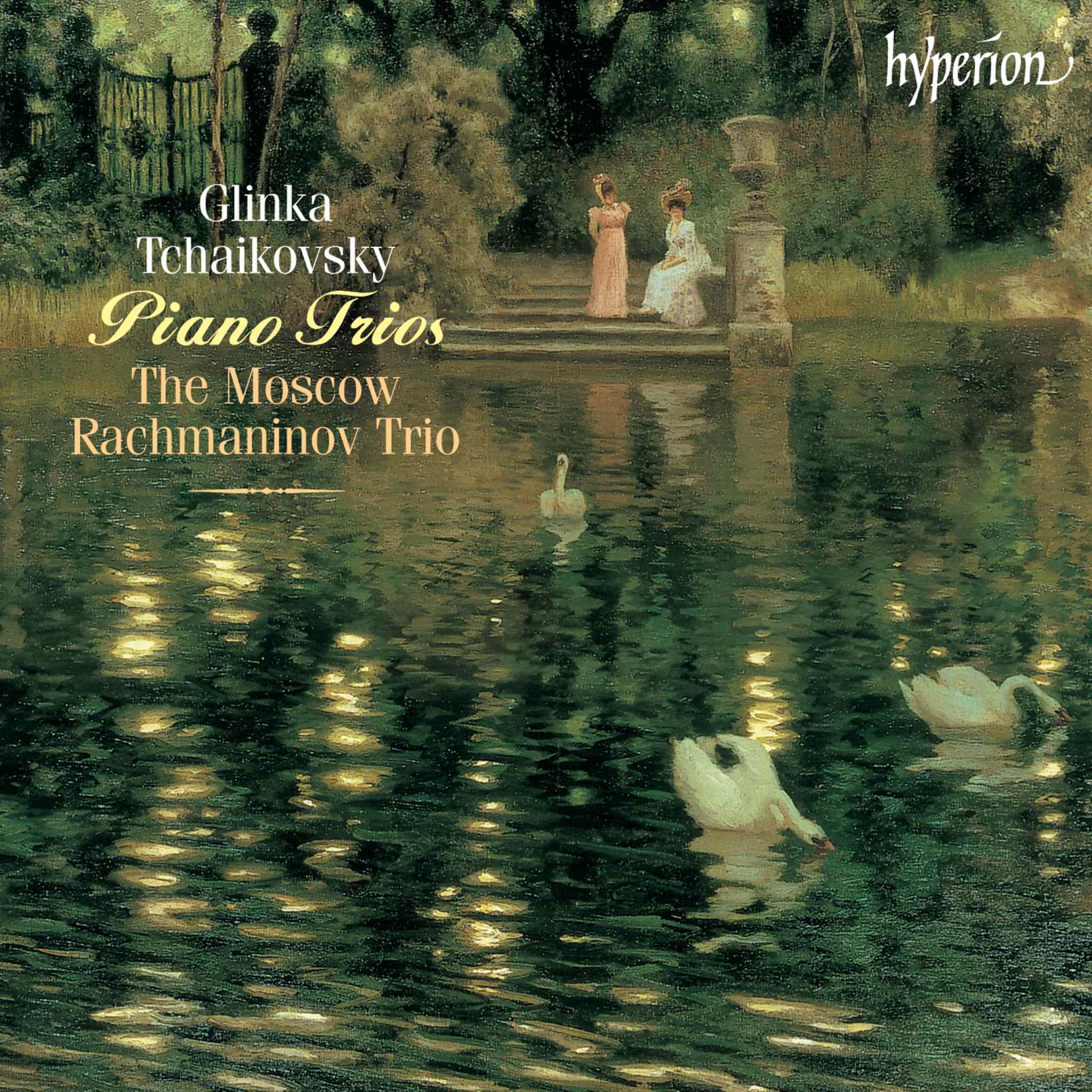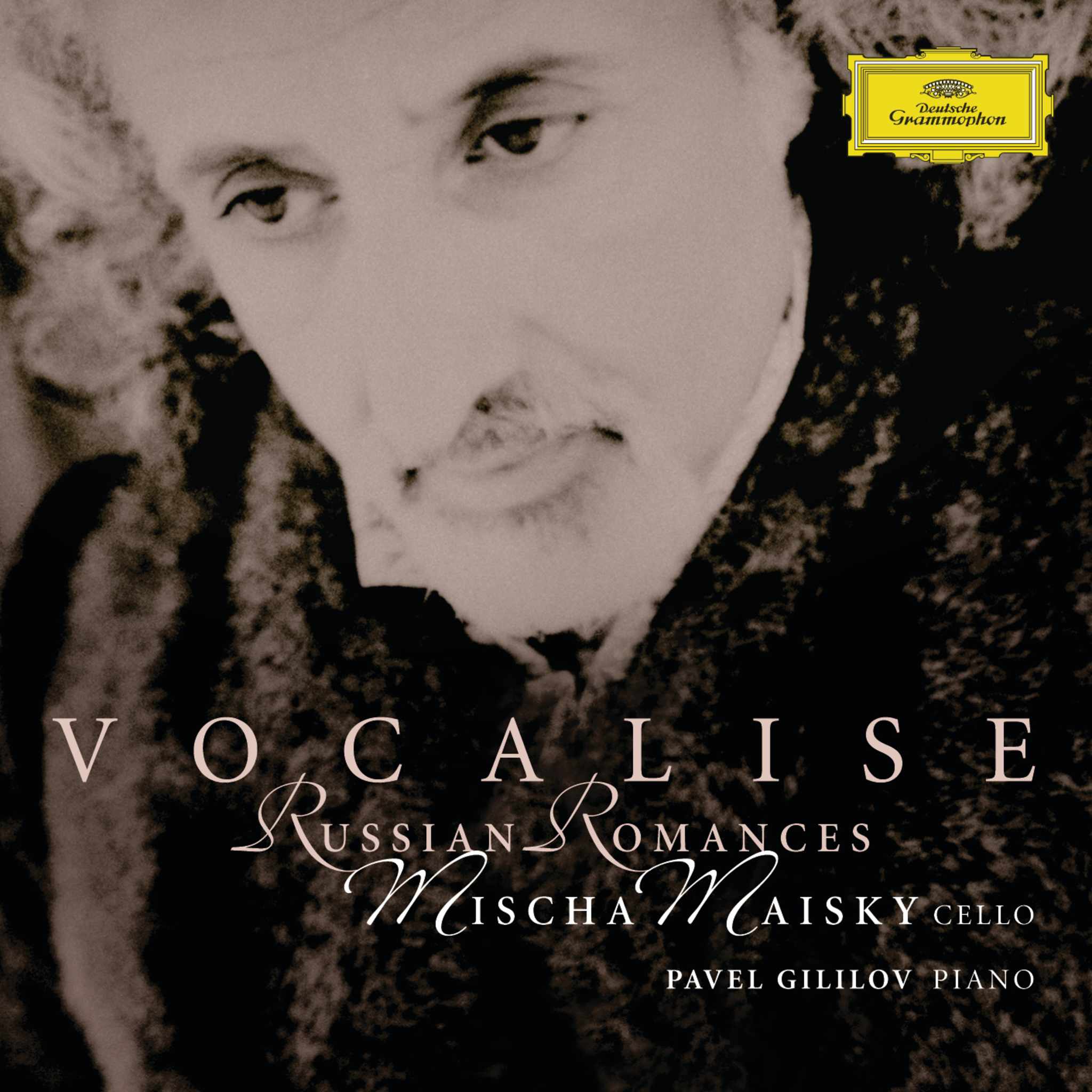Fascinating Works by Mikhail Glinka
Mikhail Glinka (1804–1857) is regarded as the founder of Russian national classical music, often called the father of Russian classical composition. His works form the cornerstone of Russia’s musical identity, blending native folk melodies with European forms and styles. Known for his pioneering symphonies and operas, Glinka has left an indelible mark on the world of classical music. His signature work, the Trio pathétique, is a testament to his inventiveness and depth of expression.
Key Compositions Featured
Glinka’s chamber music, notably the Trio pathétique, demonstrates his skill in intimate musical forms and his ability to communicate deep emotion, blending Russian lyricism with European classical tradition. This piece is often performed alongside works by Western European composers, reflecting Glinka’s international influences.
Glinka composed several romances based on the works of Alexander Pushkin, Russia’s preeminent poet, cementing the connection between Russian poetry and music. These romances showcase his gift for melodic invention and expressive vocal writing.
Glinka's art songs from the 1820s, such as "Ne iskushay" ("Do Not Tempt Me") and "Bednï pevets" ("Poor Singer"), are especially distinguished for their emotional depth and lyricism.
Operatic Masterpieces
Premiered in 1836, Glinka's opera 'A Life for the Tsar (Ivan Susanin)' was both a popular and political success, telling the story of a peasant’s heroism during the Time of Troubles. It is considered the first truly Russian opera, blending folk elements with Western drama and structure.
' Ruslan and Lyudmila', based on Pushkin’s epic poem, this 1842 opera is celebrated for its vibrant orchestration and innovative harmonies, further solidifying Glinka’s role as a musical pioneer in Russia.
Influence and Legacy
Glinka’s synthesis of Russian folk melodies with the techniques of Italian, French, and German classical music inspired subsequent generations, including the famous “Mighty Five” composers (Balakirev, Borodin, Cui, Mussorgsky, Rimsky-Korsakov).
Glinka's Works on STAGE+
Relish in the enchanting orchestrations of the 'Waldbühne 1997: St. Petersburg White Night' by the Berliner Philharmoniker, featuring maestros Mehta and Barenboim. The program includes an exquisite performance of Glinka's Trio pathétique.
Explore further with Balakirev's Piano Sonata and other works performed by the deft hands of Laurence Perkins. The program includes compositions inspired and influenced by the musical genius of Glinka.
In 'Pushkin Romances: Russian Song from Glinka to Shostakovich', witness a mesmerizing rendition by Joan Rodgers and Malcolm Martineau, bringing to life the poetic melodies of Russia's renowned composers.
Don't miss out on 'Rachmaninov/Glinka: Songs', a stunning compilation by Galina Vishnevskaya and Mstislav Rostropovich, showcasing Glinka's versatility and profound lyricism.
'The Russian Album (RE)', featuring Anna Netrebko, Mariinsky Orchestra, and Valery Gergiev, portrays a range of emotions through Glinka's melodious compositions.
In 'English Poets, Russian Romances', you'll experience Alexei Lubimov's exquisite interpretation of Glinka's works intertwined with captivating English poetry.
The 'Glinka & Tchaikovsky: Piano Trios' by Moscow Rachmaninov Trio is a captivating rendition of some of the most beloved pieces by Glinka, demonstrating his enduring influence on Russian music.
Join us on STAGE+ for an unforgettable experience with the works











